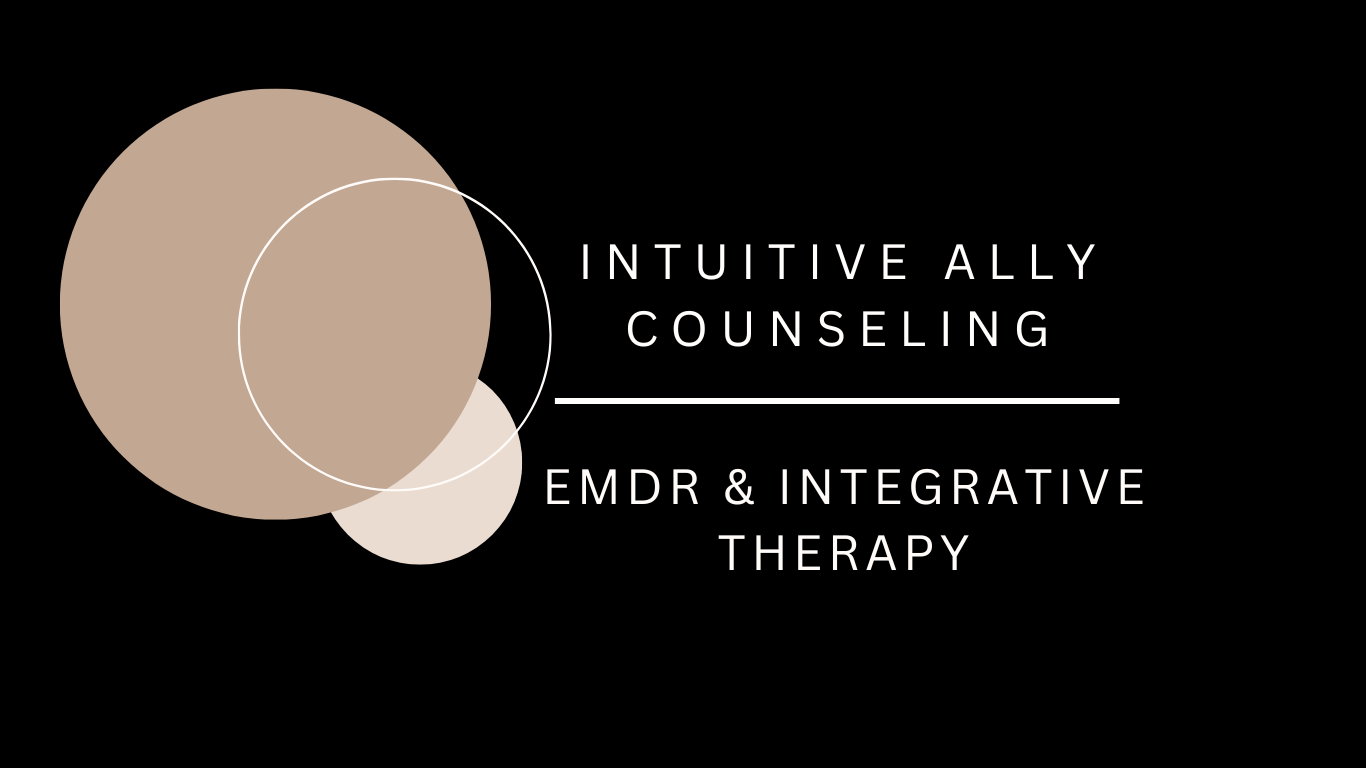Mastering Personal Boundaries: Why They Matter & How to Set Them | Tana Noonan, LMFT
Hey There! Ever noticed how some folks manage to stay composed, even with chaos around them or how they effortlessly say "no" without feeling guilty? Their secret? Rock-solid personal boundaries. These are the psychological markers we set to define what’s okay and what’s not in our interactions. This blog will help you understand the different types of personal boundaries, why they’re crucial for your mental and emotional health, and how you can start setting them today for a happier, healthier life.
What Are Personal Boundaries?
Personal boundaries are like invisible fences that help you guard your sense of self and navigate your interactions with others. They guide how much you allow others to influence your thoughts, actions, and emotions.
Why Are Personal Boundaries Important?
Reduces Stress: Knowing and expressing your limits clears up confusion and reduces anxiety.
Boosts Self-Esteem: Standing up for your boundaries affirms your self-worth.
Enhances Relationships: Clear boundaries prevent resentment and make your interactions smoother and more meaningful.
Types of Boundaries
Physical Boundaries: Control over your personal space and physical touch preferences.
Emotional Boundaries: Keeping your emotions distinct from others, ensuring you don’t absorb the mood or energy of those around you.
Intellectual Boundaries: Respect for your thoughts and beliefs, and the mutual understanding that others may have differing views.
Time Boundaries: Protecting your time from being overcommitted or misused by others.
Sexual Boundaries: Limits and expectations regarding intimacy and physical interactions.
Material Boundaries: Decisions about sharing or giving access to your possessions or resources.
Digital Boundaries: Regulating your engagement with digital devices and social media, and setting limits on your online availability.
Examples of Setting Boundaries
Telling a coworker you’re not available to help with tasks after work hours.
Letting a partner know your stance on sharing financial responsibilities.
Choosing not to engage in certain conversations online to protect your mental health.
Not checking work emails or answering calls during non-work hours.
Choosing not to discuss certain topics with friends that you find uncomfortable or distressing.
Asking family members to call before visiting.
Tips on How to Identify Your Personal Boundaries
Reflect on Past Experiences: Analyze situations where you felt upset or taken advantage of—likely moments where your boundaries were tested.
Listen to Your Gut: Trust your instincts. If something doesn’t feel right, it’s probably a boundary issue.
Examine Your Values: Your core beliefs will help you determine where you need to set limits.
Steps to Implement Your Boundaries
Define Your Limits: Understand and articulate what you can handle and what upsets you.
Communicate Clearly: Tell people exactly what your boundaries are and the consequences for crossing them.
Be Consistent: Apply your boundaries uniformly to teach others how to treat you.
Practice Self-Compassion: Setting boundaries is tough but necessary. Be kind to yourself as you learn this crucial skill.
Seek Support: If maintaining boundaries becomes challenging, seek support from friends, family, or professionals.
Frequently Asked Questions
1. What if someone keeps ignoring my boundaries?
- Consistently enforce them and consider if the relationship is beneficial for you. In persistent cases, seeking external help or limiting contact might be necessary.
2. Is it selfish to set boundaries?
- Absolutely not. Setting boundaries is a crucial aspect of self-care and is necessary for mental health and well-being.
3. How often should I reevaluate my boundaries?
- Regularly, as your life circumstances and relationships evolve.
Ready To Start?
Mastering personal boundaries isn’t just about keeping others at bay; it’s about giving yourself the love and respect you deserve. If setting boundaries feels daunting, we’re here to help. Schedule a consultation with Tana Noonan LMFT, and let’s work together to develop boundaries that bolster your peace and happiness. Your well-being is a priority—let's protect it!
